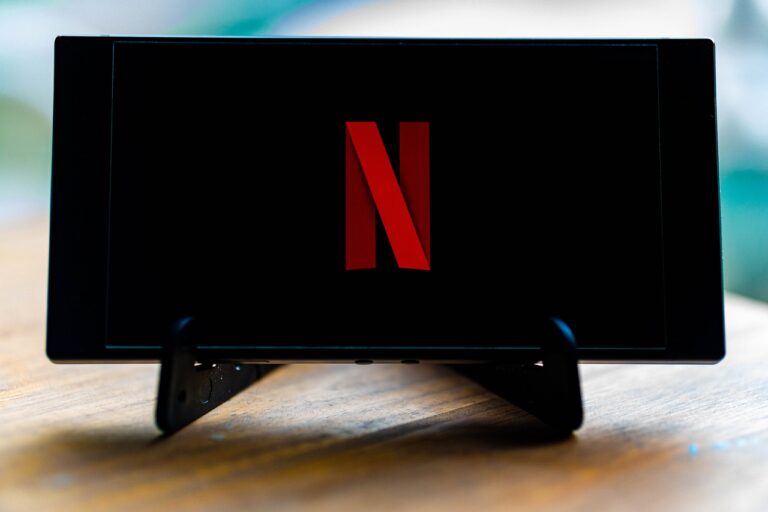The Influence of Fan Theories on TV Show Plots and Endings
Speculation plays a significant role in shaping the storylines of some of the most beloved TV shows. When fans engage in discussions, predictions, and analyses of plot twists or character arcs, they inadvertently influence the direction in which a narrative may evolve. Writers and show creators often pay attention to the speculation circulating in fan communities, using it as a gauge to understand audience expectations and preferences.
The investment of fans in the speculative process can be a driving force behind the decisions made by TV writers. Fan theories and predictions can spark new ideas, challenge existing narratives, or even validate certain creative choices. By tapping into the collective imagination of followers, show creators can harness the power of speculation to enhance the storytelling experience and create a more engaging and interactive relationship between the audience and the narrative itself.
How Fan Theories Can Impact Creative Decision Making
Fan theories have become a significant driving force in the realm of TV storytelling. As fans passionately dissect plotlines, characters, and subtle hints, their speculations often extend beyond mere entertainment. These theories can hold considerable influence over the creative decision-making process behind popular television shows.
Creators and writers of TV series are increasingly attentive to fan theories circulating online. The emergence of social media platforms has provided a space for fans to share their ideas and interpretations widely, potentially reaching a vast audience. As these theories gain traction and generate buzz within fan communities, they can shape the course of a show’s narrative trajectory. In response to fan speculation, creators may choose to either embrace or subvert these theories in their storytelling, leading to creative decisions that have the power to significantly impact viewers’ experiences.
Exploring the Connection Between Fan Speculation and Writer Choices
Fan speculation has become an integral part of the television viewing experience, with fans eagerly discussing, dissecting, and theorizing about their favorite shows. This speculation doesn’t just stay within the confines of fan forums or social media; it has the potential to influence the creative decisions made by writers and showrunners. The rise of social media platforms has provided fans with a direct line of communication to the creators of their beloved series, allowing them to voice their thoughts and theories in real-time. In response, writers often take note of popular fan theories and reactions, sometimes incorporating them into the storyline to surprise and engage their audience. This symbiotic relationship between fans and writers can lead to a more dynamic and interactive viewing experience for all involved.
How does fan speculation influence TV storylines?
Fan speculation can influence TV storylines by generating buzz and interest around certain plot points, characters, or relationships. Writers may take note of popular fan theories and incorporate them into their storytelling.
Can fan theories actually impact creative decision making?
Yes, fan theories can impact creative decision making. Writers may be inspired by fan speculation and use it to guide their choices in developing the narrative of a TV show.
What are some examples of fan theories influencing writer choices?
One example is the popular “Jon Snow is a Targaryen” theory from Game of Thrones, which was eventually revealed to be true in the show. Another example is the “Redditor is a Time Lord” theory from Doctor Who, which was later incorporated into the storyline.
How do writers balance fan speculation with their own creative vision?
Writers must balance fan speculation with their own creative vision by taking into account the overall story they want to tell while also considering the impact of fan theories on audience engagement. It’s a delicate balance that requires careful consideration.





